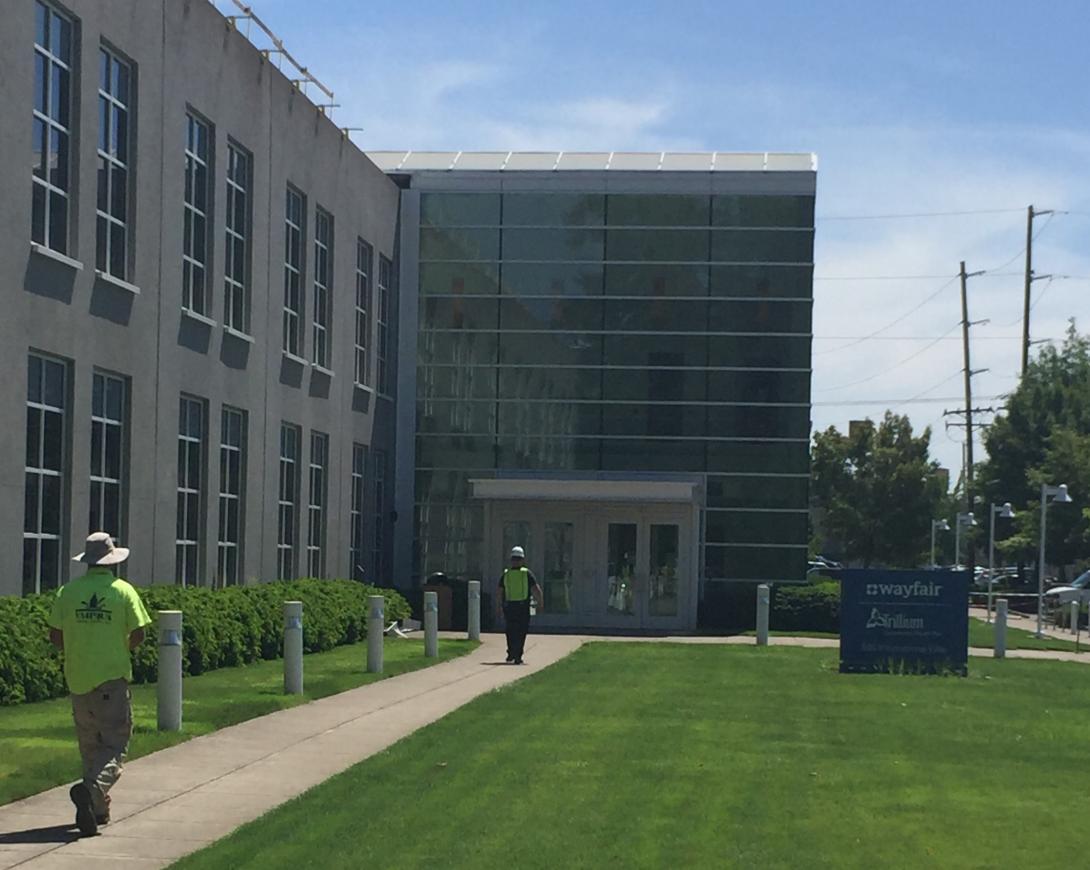
It’s taken nearly two years, but Trillium Community Health Plan has made all the improvements to its Portland-area Oregon Health Plan program that the state had demanded.
As of May 31, Trillium, part of Missouri-based insurance giant Centene Corp. has completed needed improvements to its health care provider network; its health equity and its access for non-English speakers; its community outreach; and its intensive care coordination, the Oregon Health Authority announced.
So the insurer now is deemed to fully meet state standards as it competes with Health Share Of Oregon to serve low-income residents of the state’s most populous region.
As part of letting Trillium begin signing up Oregon Health Plan members in the Portland metro area in September 2020, the state had put Trillium on an improvement plan. Trillium’s progress was so patchy, however, that between December 2021 and January 2022, the state barred the company from signing up new members.
“OHA has worked with Trillium continuously to monitor and ensure progress towards meeting the requirements of the (plan),” OHA said in a statement.
Justin Lyman, Interim President and CEO of Trillium, said: “We want to thank OHA for their continued partnership throughout this process, which has allowed us to enhance our systems, processes, and partnerships, improving our ability to identify local needs, remove barriers to care, develop service innovations, and collaborate across organizations to enact lasting change within our communities.”
Trillium, long an established Oregon Health Plan insurer in Lane County, had lobbied hard for state approval to enter the Multnomah-Clackamas-Washington market, which has about 400,000 Oregon Health Plan members. A subsidiary since 2015 of Centene, Trillium faced skepticism from some competitors and providers.
So far, Trillium has signed up 27,000 members in the tri-county market, according to the latest state figures. The market is dominated by nonprofit Health Share of Oregon. Health Share, a cooperative composed of CareOregon and several large Portland-area hospitals, has about 410,000 members.
The state pays OHP insurers a set amount per member – typically about $6,500 a year although the amount varies – which the insurer uses to pay health care providers and cover administrative costs and profits. The state has 16 OHP insurers – coordinated care organizations -- handling more than 1.4 million members.
In 2019, as part of a periodic revamping of the Oregon Health Plan system, the Oregon Health Authority agreed to let Trillium into the Portland area to compete with Health Share. But in late 2019, before Trillium was able to launch that service, the health agency froze the effort, saying Trillium hadn’t signed up enough hospitals on its provider network.
The company in late 2019 sued Legacy Health, Providence Health & Services and a top official at Oregon Health & Science University, accusing them of thwarting Trillium’s drive to build a Portland-area Oregon Health Plan provider network. However, Trillium later dropped the federal lawsuit and began negotiating with state health officials, who let the company begin signing up Portland-area members in the fall of 2020. The state then temporarily shut down that effort before letting it resume in January 2022.
The state has told Trillium it can sign up a total of 55,000 members in the tri-county area: 12,600 in Clackamas, 25,600 in Multnomah and 17,800 in Washington.
In concluding that Trillium has complied with the state’s improvement plan, health officials said the company is now properly monitoring member use of health care services to ensure its network has enough providers; has expanded access to non-English language services; has created a community advisory council and made progress toward drafting a community health assessment; and has improved tracking of patients needing intensive care to ensure prompt screenings and assessments.
A full list of Trillium’s tri-county network providers was not immediately available. But the state said Trillium’s provider network now includes Oregon Health & Science University and the Legacy Health hospitals. Portland-based Legacy has four hospitals in the tri-county area, as well as the Randall Children’s Hospital at Legacy Emanuel Medical Center in Portland.
An evaluation for 2021 of the care delivery systems of the 16 coordinated care organizations prepared by an outside consultant, Health Services Advisory Group, gave less than glowing grades to Trillium.
Trillium’s overall compliance with state requirements for both its tri-county and its Lane County services was at 84%, below the average of 92% for all the coordinated care organizations, the report said. Trillium’s provider networks were given 88% compliance in both markets, compared to an average of 93% statewide. For “performance on metrics” Trillium was given 75%, compared to a statewide average of 91%.
But for coordination of care, Trillium was given a 95% in both markets, above the statewide average of 94%.
In its May 31 letter, the state said it will continue to monitor Trillium’s performance in the Portland market through to June 2023.
Thus far, Trillium’s push into the Portland area has proven a money loser, according to the company’s latest financial filings with the health authority. In the first nine months of 2021, Trillium’s tri-county business had a net loss of $740,000 on operating revenue of $42 million. Separately, the company’s filing says its Lane County business, which serves about 35,000 Oregon Health Plan members, generated a profit of $10 million on revenues of $145 million in the first nine months of last year.
You can reach Christian Wihtol at [email protected].